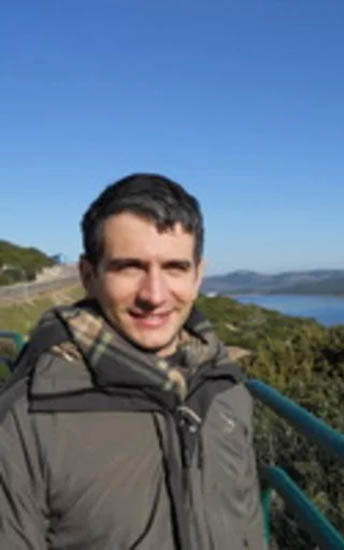This website uses cookies so that we can provide you with the best user experience possible. Cookie information is stored in your browser and performs functions such as recognising you when you return to our website and helping our team to understand which sections of the website you find most interesting and useful.
The Ethics of Belief
The course aims to explore what means to believe – with specific focus on religious beliefs – and what consequences beliefs have on our conduct, character, and life. The course is divided in two parts. The first part deals with the distinctive features of belief: what’s the difference between belief, truth, and knowledge, with particular emphasis on scientific knowledge; what’s the specificity of religious beliefs compared to other kinds of belief. The second part of the course deals with the impact that having and holding beliefs have on our decisions, our relationships with the others (trust, confidence, empathy…), and the ethical framework we (try to) follow. Broadly speaking, the first part of the course concerns the relationship between religious pluralism and science, and the second part of the course concerns the relationship between religious pluralism and ethics.
Format: Online seminar and open discussions with constant active participation of the students. Forum discussion on Moodle if necessary.
Evaluation: student’s attendance and active participation and involvement (including readings for the day): 30%; special tasks during the semester (like making video of interviews): 20%; final reflective paper: 50%.
Audience: MDiv, MA, MTS, DMin, PhD, or combination.
Thresholds: 1) Life in Religious Community and Interfaith Engagement; 5) Spiritual Practice and Care of the Soul; 6) Thea/ology in Culture and Context; 7) Educating for Wholeness and Liberation.
MFC competencies: 2) Pastoral Care and Presence; 3) Spiritual Development for Self and Others; 4) Social Justice in the Public Square; 7) Leads the faith into the future.
Faculty: Dr. Andrea Vestrucci


